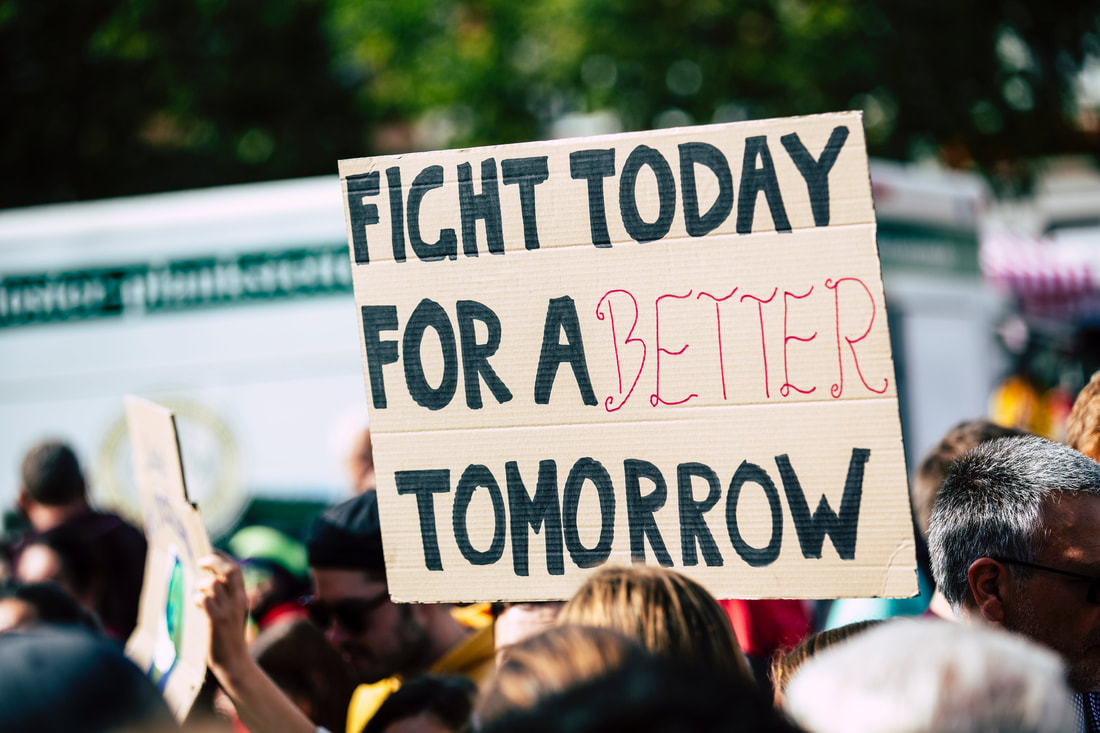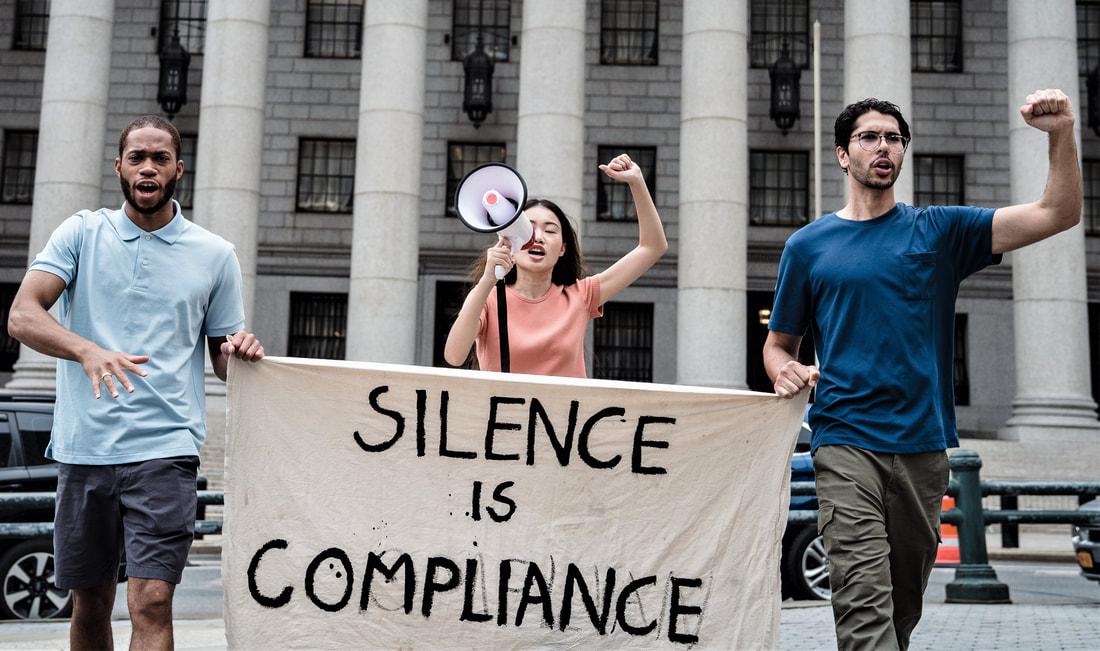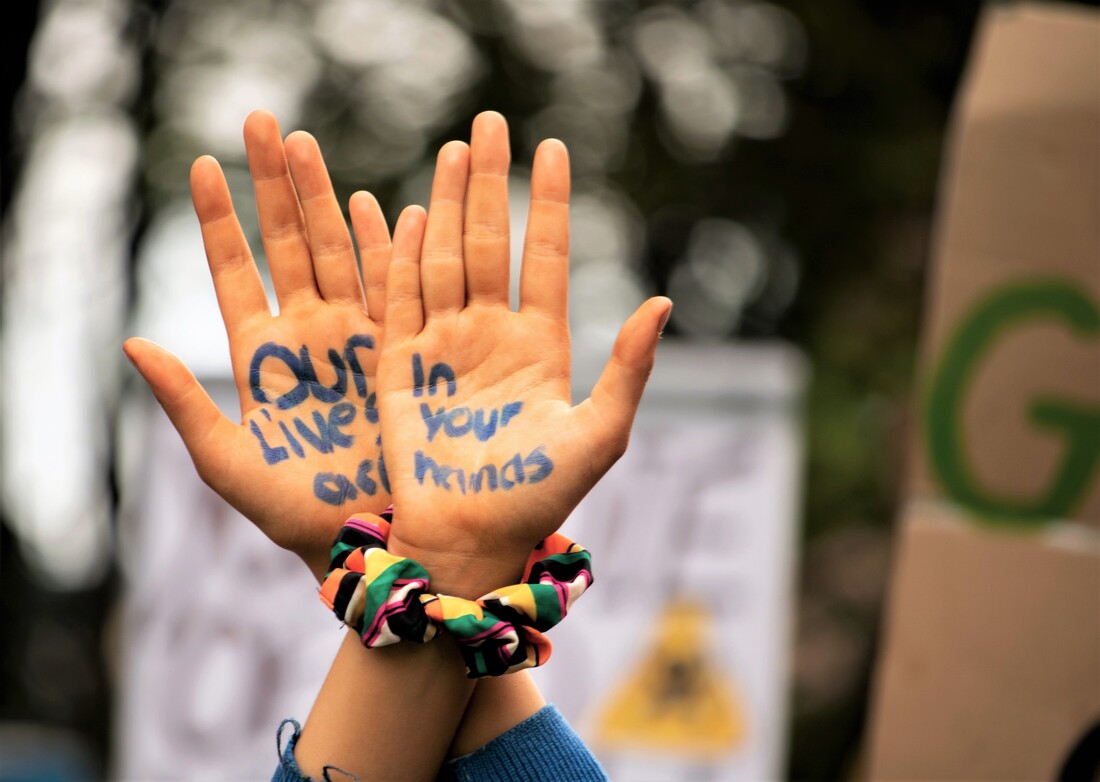|
‘There are moments in history when a door for massive change opens, and great revolutions for good or evil spring up in the vacuum created by these openings. In these divine moments key men and women and even entire generations risk everything to become the hinge of history, the pivotal point that determines which way the door will swing.’ (Lou Engle) Some have asked, ‘What happened next..?’ after I shared some early experiences in my previous blog, ‘Against the grain’. Having recently become a follower of Jesus and a left-wing social-political activist, my first action back in the workplace was to tear down the explicit pornographic posters that totally covered the workshop walls. (To understand the impact of this, the shop floor of such industry at the time was a heavily male-dominated environment. In fact, there was only 1 female apprentice in my year of around 80. Against this backdrop, I imagined I would get lynched for this act.) When my work mates saw what I had done, however, they just asked in dismay, ‘Why have you done this?’ I replied simply and assertively that the posters were demeaning to women. Nobody spoke a word. Next, I created a petition to reform the trade union. I used every lunch break to travel to different industrial plant locations to invite colleagues to sign it. Almost everyone said they agreed with what I was doing and advocating. At the same time, however, many explained they felt afraid to sign it in case the union retaliated by dismissing them from membership. They therefore signed with disguised names that were barely legible. On learning of what I was doing, the local shop steward, as official representative for the union, demanded that I give him the petition. I refused and he became angry, warning me sternly that I was ‘playing with fire’. On handing the final petition to the site convenor, the highest trade union representative for that region, he too reacted with predictable outrage. I didn’t wait to be dismissed or sacked. I sensed God was calling me in a new direction so I handed in my resignation, 3 months before I was due to complete my 5 years of studies there, and moved to London instead to work as a Community Service Volunteer. On just £12 a week, my family and friends thought I had gone crazy or joined a cult. In this role, however, I worked alongside a radical Marxist community development worker as part of an innovative social work team and, in my spare time, as a volunteer with local Central American political and human rights organisations. This was a decisive turning point in my life and I have never looked back for a moment with regret for that decision. When I completed this assignment, I hitch-hiked to the Middle East to work in a hospital for the poor. But that’s another story…
21 Comments
‘I raise up my voice – not so that I can shout, but so that those without a voice can be heard.’ (Malala Yousafzai) I once had a secret meeting with the political wing of a revolutionary group from Central America, in a dark basement flat in London. But my story doesn’t start there. This was my moment. As I flicked through the pages of a UK newspaper, an article leapt out at me about the brutal civil war in El Salvador. I don’t think I’d heard of El Salvador before yet it reminded me of accounts I had read of horrific atrocities committed by the Nazis in WW2. I couldn’t change that terrible history but I could do something now. I quickly did some research then set to work straight away, creating flyers and posters and circulating and sticking them up anywhere I could think of, hoping to raise awareness and to spur others into action too. I talked incessantly to family, friends and colleagues about what was happening in El Salvador. Most responded with a bemused look: ‘Why get so wound up about a situation on the opposite side of the world and over which we have no control anyway?’ That didn’t deter me. It was my time to speak. I heard of a demonstration for El Salvador in London so I went there with a friend, both wearing our anti-war combat jackets. On arrival, we were approached by the organisers and invited to carry a banner. To our surprise, they asked us to march at the very front, directly behind a row of children who were carrying a banner too. Some 20,000 people assembled behind us. We raised our voices in safety – while human rights activists in El Salvador were having their throats cut and their bodies dumped onto the streets. Driven increasingly by vicarious trauma, I joined the El Salvador Committee for Human Rights, a team of 3 activists based in a small room, armed only with a manual typewriter. I had the privilege of volunteering alongside a humble legend, Mike Gatehouse, who had previously been captured and held by the military in Chile during the violent coup that had overthrown its democratically-elected government. My role now was to hitch-hike around the UK, encouraging and resourcing local activist groups to amplify their voice. As I look back, I realise that I didn’t have sufficient personal resilience to handle the stress, and I came close to burnout. My efforts were driven more by pain, empathy and instinct than by strategy and I’ve learned, since, the critical value of supervision. Yet Greenpeace’s profound slogan expressed our motivations too: ‘The optimism of the action is better than the pessimism of the thought.’ There are situations in which we have to act, not because we have any guarantee of success, but because somebody has to speak. [See also: Revolution; Protest; Words; Smoke; Nika; I did try] ‘Now let us begin. Now let us re-dedicate ourselves to the long and bitter, but beautiful, struggle for a new world.’ (Martin Luther King) Few songs convey the pain and potential consequences of protest like the Dixie Chicks’ (now Chicks’) ‘Not Ready to Make Nice’. Singer Natalie Mains had dared publicly to criticise the then-U.S. President, George W. Bush, during the 2003 run-up to the U.S.-led invasion of Iraq. The group was subsequently banned from being played on many U.S. radio stations and group members were subject to attacks on their character, and even to death threats. ‘Not Ready to Make Nice’ is a passionate reflection on that experience, a resounding spirit of unbroken resistance in a near-breaking voice: ‘Forgive, sounds good. Forget, I'm not sure I could. They say time heals everything, but I'm still waiting. I'm through with doubt. There's nothing left for me to figure out. I've paid a price, and I'll keep paying. I'm not ready to make nice, I'm not ready to back down. I'm still mad as hell, and I don't have time to go 'round and 'round and 'round. It's too late to make it right. I probably wouldn't if I could ‘cause I'm mad as hell. Can't bring myself to do what it is you think I should. I know you said, ‘Why can't you just get over it?’ It turned my whole world around – and I kinda like it. I made my bed, and I sleep like a baby with no regrets. And I don't mind saying it's a sad, sad story when a mother will teach her daughter that she ought to hate a perfect stranger. And how in the world can the words that I said send somebody so over the edge that they'd write me a letter saying that I better shut up and sing – or my life will be over?’ This experience reflects the spirit of an age in which we find ourselves too. Voices of dissent against a mainstream narrative are often heard with disdain, if at all, in the clamour of polarised and conflicting ideologies, opinions and rage. Platforms that could protect and promote democratic values, ranging from conventional and social media to schools and university campus’, all too often create echo chambers that reinforce the dominant view. Silence is golden. Silenced is not. When did you last speak up? What have you left unspoken that needs to be said? |
Nick WrightI'm a psychological coach, trainer and OD consultant. Curious to discover how can I help you? Get in touch! Like what you read? Simply enter your email address below to receive regular blog updates!
|






 RSS Feed
RSS Feed